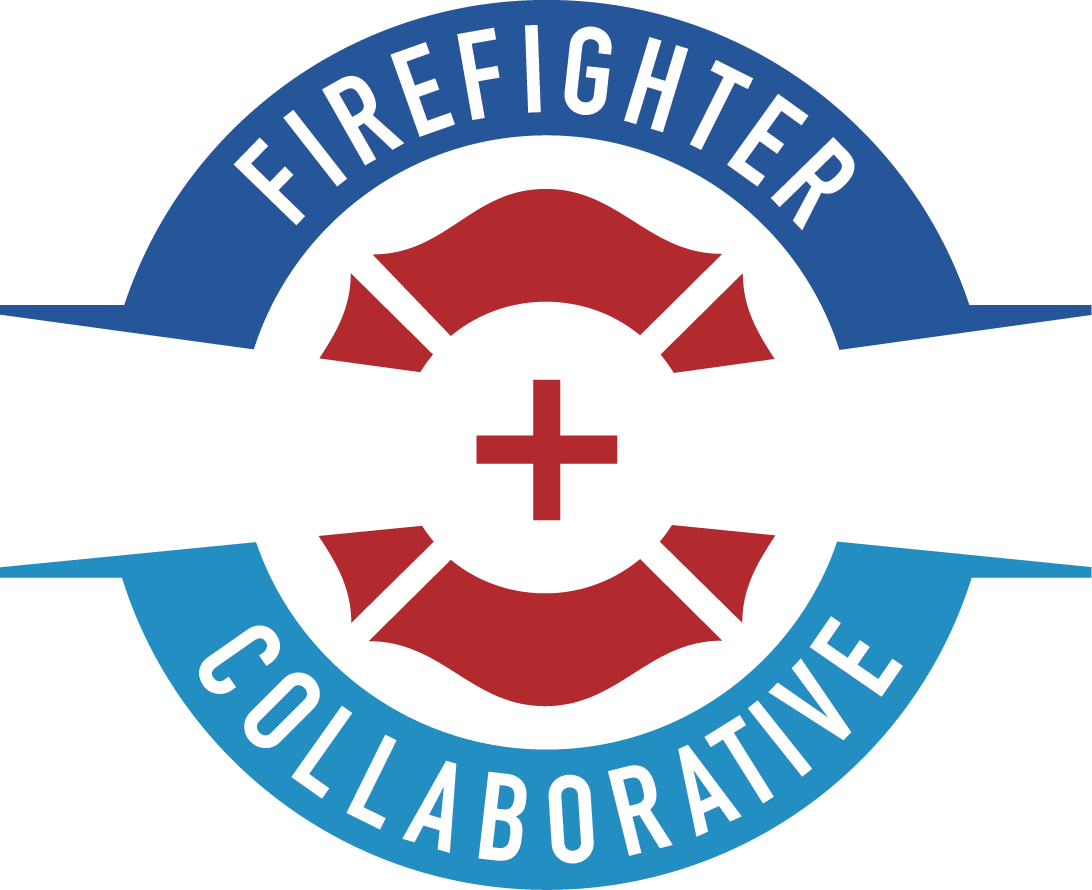Sleep + Wellness
Do you have a healthy sleep schedule?
Many firefighters experience sleep disruptions or disorders that stem directly from their work. With a job that demands 24/7 alertness and responsiveness, sleep is often put on the back-burner.
The effects of chronic sleep deprivation, sleep interruption, and irregular sleep patterns have been linked to the leading causes of firefighter deaths. Recurrent sleep loss has not only been correlated with heart attack, suicide, and metabolic disorders but also to cancer. A cancer research center in Seattle, Washington, found that people who slept less than six hours per night before their cancer diagnosis were 1½ times more likely to die from the disease than people who slept 7-8 hours per night. Furthermore, the World Health Organization has officially classified shift work a probable carcinogen.
Sleep + Wellness Resources:
- Addicted to Awake – Sleep Deprivation in the Fire Service
- Fatigue Mitigation in EMS – NIOSH Webinar (5/20)
- Firefighters, Sleep & Impulsivity
- First Responder Sleep Recovery Training
- Implementing Sleep Education and Disorder Screening Program in FDs
- The Effects of Sleep Deprivation on Fire Fighters and EMS Responders – IAFC
- Sleep & Weight Research Video – Firefighter Cancer Initiative
- Sleep Deprivation and the Health of Firefighters
- Sleep: A Modifiable Risk Factor
- Sleep Awareness PowerPoint – Central Pierce Fire Department
The importance of sleep
First and foremost, fire departments need to recognize the important of sleep and how it’s an essential aspect of maintaining good health among their members. Departments should provide sleeping quarters that are conducive to real rest:
- Comfortable and supportive mattresses
- Well ventilated sleeping spaces
- The ability to make sleeping rooms truly dark
- When possible: privacy and quiet
Emergency services agencies should also raise continued awareness about the risks of chronic sleep disruption and provide guidance on how members can reduce this potential harm.
One way individuals can do to help maintain a healthy sleep schedule is to limit their intake of stimulants such as caffeine. This pertains to more than just drinking coffee at night, and products such as:
- Energy Drinks
- Sodas
- Desserts
- Certain medications
